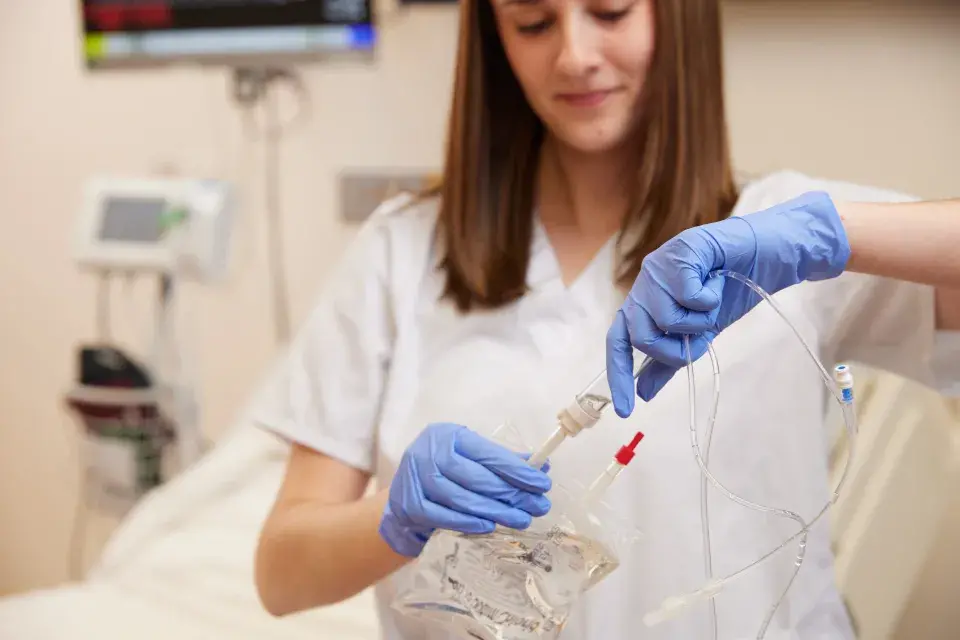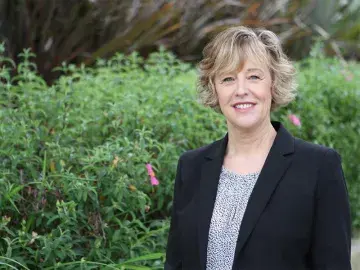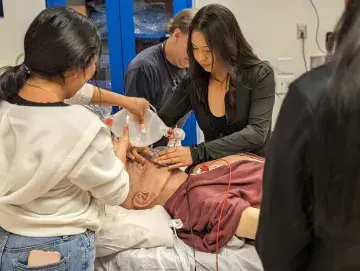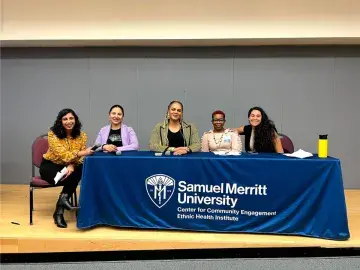New Partnership Enhances Anesthesia Training and Patient Safety

We are excited to announce that the American Society of Anesthesiologists (ASA) has endorsed the partnership between The Kaiser Permanente Medical Group (TPMG) and the Samuel Merritt University Health Sciences Simulation Center (HSSC) to provide the Maintenance of Certification in Anesthesiology (MOCA). This new certification program will continue to elevate the benchmarks of patient safety and professional excellence through innovative and immersive simulation training.
Located at the main campus in Oakland, the SMU Health Science Simulation Center (HSSC) joins just two other prestigious ASA-endorsed simulation centers in the Bay Area, Stanford's Center for Immersive and Simulation-based Learning (CISL) and UCSF's Anesthesia Simulation Center. Initiated in 2021, the TPMG Anesthesia Perioperative Simulation at SMU or TAPSS program represents a joint partnership between the TPMG anesthesiologists, SMU’s Health Sciences Simulation Center and the Doctor of Nursing Practice – Anesthesia.
A Unique Offering in the Bay Area
While the number of MOCA sites is limited, our center stands out as one of the few private entities not affiliated with a hospital to receive the endorsement. This distinction is significant as it enables TPMG anesthesiologists to access personalized, relevant, and high value simulation training locally, thereby minimizing disruptions to their care services. Initially, the program will serve more than 400 anesthesiologist within TPMG, with plans to eventually extend these opportunities to other practicing anesthesiologists.
Addressing Critical Challenges
Despite advancements in patient safety, the risk of perioperative crises, such as massive hemorrhage and cardiac arrest, remains a significant concern. Human factors play a critical role in patient safety, underscoring the need for effective crisis management training.
Highly trained anesthesia teams are pivotal in managing perioperative crises, yet the rarity of such events means individual practitioners may not have frequent opportunities to hone these life-saving skills. This program addresses this gap by providing high-fidelity simulation training, which has been shown to improve patient outcomes in critical situations. Research supports the efficacy of simulation-based training in several key areas:
1. Skill Retention: Practicing emergency procedures in a simulated environment enhances long-term retention.
2. Error Reduction: The use of cognitive aids during simulations decreases errors in emergencies.
3. Human Factor Skills: Crisis management skills such as communication and teamwork learned in simulation translate to the clinical setting and lead to improved patient outcomes.
4. Confidence Building: High-fidelity simulation boosts confidence during emergencies, even for experienced practitioners.
Commitment to Excellence
Our commitment to providing top tier, simulation-based crisis resource management training reflects our dedication to improving patient safety and outcomes. With only 6-10 available annually due to high demand at our simulation center, we are prioritizing quality and impact.
The endorsement of our simulation partnership by the ASA late last year marks a significant milestone in our journey. It not only validates the quality and rigor of our training and facilities, but also highlights the importance of accessible, high-caliber education for anesthesiologists and other health care providers.
By fostering a culture of continuous learning and improvement together with our TPMG partners, we aim to make a lasting impact on the community, enhancing the proficiency of anesthesiologists and ultimately improving patient care and safety.


